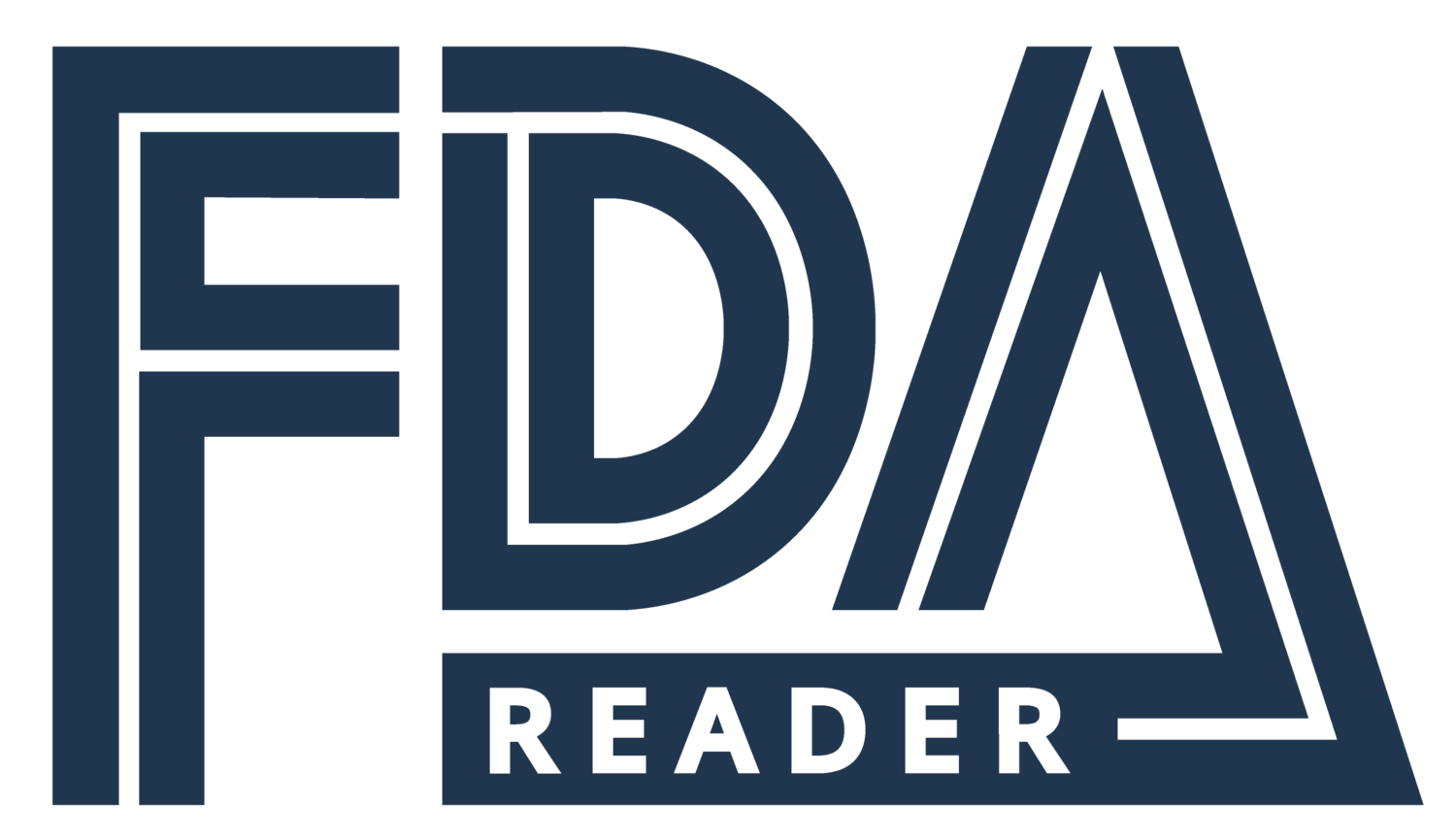Does the FDA Regulate My Food Business?
It’s not always clear where the FDA has jurisdiction when it comes to food businesses. This table provides an overview of FDA Jurisdiction. Specific examples are provided below.
| Regulated By the FDA | Not Regulated By the FDA |
|---|---|
| Foods that enter interstate commerce | Food Service Establishments |
| Most packaged foods | Restaurants |
| Most foods solid online | Restaurant Chain |
| Human and animal food | Food Truck |
| Imported Foods | Caterer |
*Note: Domestic food processors of any kind must still register as a Food Facility even if their products do not enter interstate commerce. This is free and purely for record keeping purposes (it will not subject a business to FDA inspections or oversight)
Examples of FDA Jurisdiction Businesses
| FDA Jurisdiction | Examples |
|---|---|
| Food products that enter interstate commerce (i.e. businesses whose foods leave the state) | Most foods sold online |
| Most non-meat products that are made and sold in a package | |
| A central kitchen that prepares and distributes foods to locations in multiple states | |
| A transporter that distributes food nationwide |
Businesses Not Under FDA Jurisdiction
| Not FDA Jurisdiction | Example | Who typically regulates |
|---|---|---|
| Restaurant (Individual) | Fast Food Restaurant | Local/State health dept. |
| Restaurant (Chain) | Chain of frozen yogurt restaurants | Each would be regulated individually by its respective local or state health department |
| Restaurant (Delivery only) | Meals are ordered via app/web and delivered hot to the consumer | Local/State health dept.* |
| Food Truck | Korean food truck | Local/State health dept. * |
*If you serve or prepare food in multiple areas you may have to license with the local health department for each of those jurisdictions. If the food is crossing state lines, then FDA regulation would apply.
Still Unsure Whether Your Business is Regulated by the FDA?
Ask a question in the comments and I’ll answer it
Try using this dichotomous key
What’s Next?
Understand about Registering a Food Facility with the FDA











